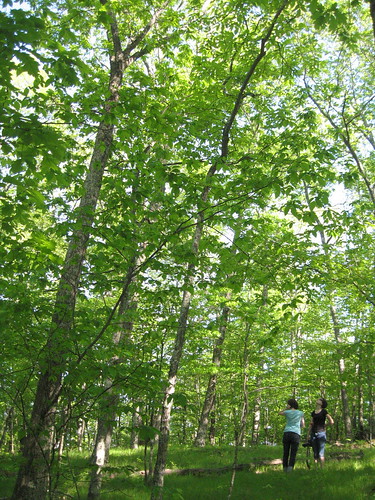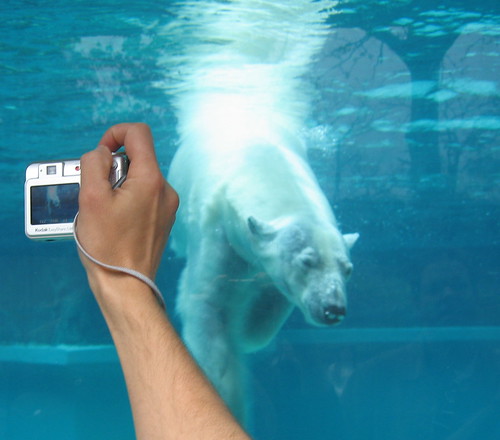
My neighborhood, Greencroft Gardens, right off Finchley Road, NW6
The house in which I lived in South Hampstead was on a quiet block near the Freud Museum. Women pushed prams most mornings, regardless of the weather. The clear plastic awnings that covered the children were speckled with a hundred rain drops, miniscule demi-worlds to capture a million-some details of the neighborhood's skyline. I always wanted to take a photograph from within there. The slate walks turned the deepest grey-brown in the rain and the modest trees smelled more like trees.

But, now, I am in my native Connecticut. The leaves on its stunning trees are now completely open. The Velvet Underground is on the record player and I am thinking of home. I'm thinking of things that we do over and over and return to with wonder. If wonder is the feeling of astonishment - that's not quite it - the feeling of our selves being thrown into a position from where we can no longer depend on our own significance in the face of some object, some occurrence, then how does it relate to something we do ritualistically?
For myself, I'm thinking of the woods, of the course I tend to track through them. Decades before my parents put in the riding ring, before any proper trails were established by Joshua's Trust, I would wander through the woods - so thick that the air looks green - and perch on boulders or test my balance on the edge of a cliff. I repeat these tests, these reveries regularly.
The people to whom I bring up Gilles Deleuze, tend not to have very positive responses to him. But I'm wondering if I could use something about what he has to say about repetition and pair it with Stendhal's description of what happened to the body-in-wonder when he was in Florence in order to hazard a guess about how ritualistic wonder works.
I think of the maps my father made me - my father, the map maker; my father, the poet - he would hide something for me in the woods and make a map, filled with fanciful names and "100-year Sugar Maples"s. He would stain the paper in tea to "age" it and he would burn the edges. He would make, in short, a world of measurement and wonder.
I'm trying to collect stories about how people approach wonder. Do you photograph it? Do you make videos? Or do you sit - so quiet - and watch?

